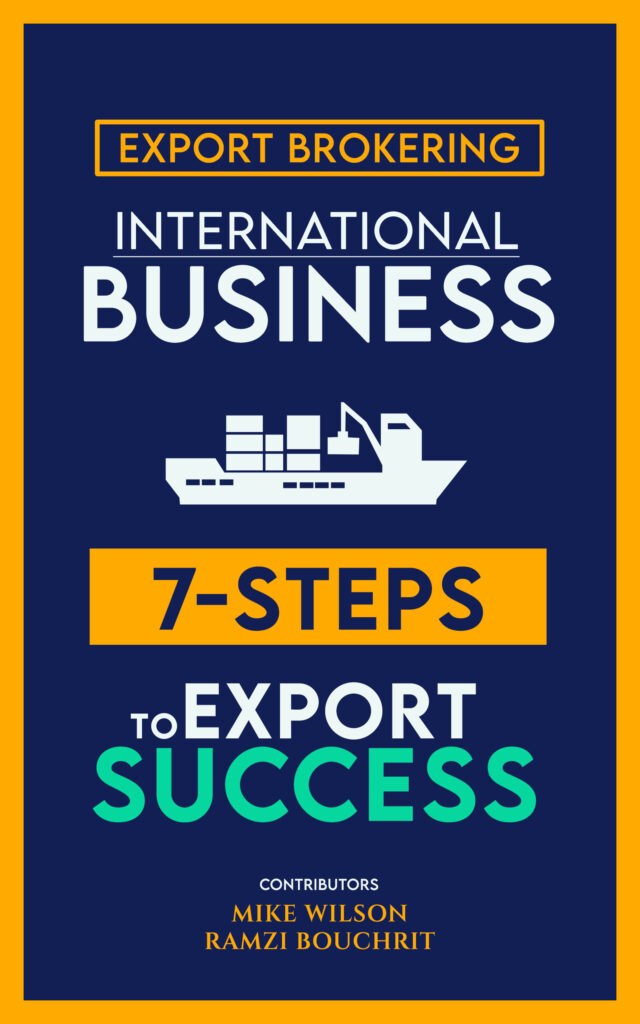Overcoming language and cultural barriers in international trade, read the full article below.
Meta Description: Learn how to overcome language and cultural barriers in international trade. Discover strategies for effective communication, building cultural understanding, and fostering successful business relationships across different languages and cultures.
Focus Key Phrases:
- Overcoming language and cultural barriers in international trade
- Effective communication in international trade
- Building cultural understanding in trade
- Fostering successful business relationships
- Cross-cultural business etiquette
| Table of Content |
|---|
| Introduction |
| H1: The Importance of Overcoming Language and Cultural Barriers |
| H2: Effective Communication Strategies |
| H3: Utilizing Professional Translation and Interpretation Services |
| H3: Embracing Technology for Language Communication |
| H2: Building Cultural Understanding |
| H3: Researching and Understanding Cultural Differences |
| H3: Adapting Business Practices to Cultural Norms |
| H2: Fostering Successful Business Relationships |
| H3: Cross-Cultural Business Etiquette |
| H3: Establishing Trust and Building Rapport |
| Conclusion |
| FAQs |
Overcoming Language and Cultural Barriers in International Trade
Introduction:
In the globalized world of international trade, language and cultural barriers can pose challenges for businesses seeking to expand into new markets. In this article, we will explore strategies for overcoming these barriers, including effective communication techniques, building cultural understanding, and fostering successful business relationships across different languages and cultures.
In this step of “The Export Series” we will show you how to become a successful Import Export (International Trade) broker.

Mr. Ramzi Bouchrit (RB JV Group) has provided us with helpful information based on the different transactions he made with his business partners in the field of the International Trade aka import export. “The Export Series”.
H1: The Importance of Overcoming Language and Cultural Barriers
Overcoming language and cultural barriers is crucial for successful international trade. It enables effective communication, builds trust, and fosters positive business relationships. By understanding and addressing these barriers, businesses can navigate cultural nuances and enhance their chances of success in the global marketplace.
H2: Effective Communication Strategies
Effective communication is key to bridging language and cultural gaps in international trade. Employing the right strategies can facilitate clear and meaningful interactions with business partners from different linguistic and cultural backgrounds.
H3: Utilizing Professional Translation and Interpretation Services
Professional translation and interpretation services play a vital role in ensuring accurate and culturally appropriate communication. These services help overcome language barriers by providing high-quality translations of documents, contracts, and conversations, enabling effective communication between parties.
H3: Embracing Technology for Language Communication
Advancements in technology have made communication across languages more accessible. Businesses can leverage tools such as language translation apps, video conferencing with real-time translation, and instant messaging platforms to facilitate communication and bridge language gaps.
H2: Building Cultural Understanding
Building cultural understanding is essential for navigating international trade successfully. Recognizing and appreciating cultural differences fosters respect, empathy, and effective collaboration.
H3: Researching and Understanding Cultural Differences
Thorough research and understanding of cultural differences are crucial for international trade success. Businesses should invest time in learning about cultural practices, etiquette, and business customs of their target markets to avoid misunderstandings and cultural faux pas.
H3: Adapting Business Practices to Cultural Norms
Adapting business practices to align with cultural norms demonstrates respect and facilitates smoother interactions. This includes understanding appropriate greetings, communication styles, negotiation tactics, and gift-giving customs prevalent in different cultures.
H2: Fostering Successful Business Relationships
Fostering successful business relationships is at the core of international trade. Building strong connections across cultures requires a thoughtful approach and consideration of cross-cultural business etiquette.
H3: Cross-Cultural Business Etiquette
Understanding cross-cultural business etiquette is vital for building rapport and trust. Familiarizing oneself with proper etiquette regarding greetings, business card exchange, dining etiquette, and gift-giving practices helps create a positive impression and strengthens business relationships.
**H3
: Establishing Trust and Building Rapport**
Establishing trust and building rapport are essential for successful international trade. This involves active listening, demonstrating cultural sensitivity, maintaining open and honest communication, and honoring commitments. Building trust takes time and effort but is key to long-lasting business partnerships.
Conclusion of Overcoming language and cultural barriers in international trade
Overcoming language and cultural barriers is a fundamental aspect of international trade success. By employing effective communication strategies, building cultural understanding, and fostering strong business relationships, businesses can navigate the complexities of language and culture, expand their global reach, and achieve their international trade goals.
FAQs
Q1: How can businesses overcome language barriers in international trade?
A1: Businesses can overcome language barriers by utilizing professional translation and interpretation services, leveraging language communication technologies, and hiring bilingual staff or interpreters.
Q2: Why is cultural understanding important in international trade?
A2: Cultural understanding is important in international trade as it helps businesses navigate cultural differences, avoid misunderstandings, and build trust with partners from different cultures.
Q3: What are some key cultural aspects to consider in international trade?
A3: Key cultural aspects to consider include greetings and communication styles, negotiation tactics, business etiquette, and gift-giving customs prevalent in the target market’s culture.
Q4: How can businesses foster successful business relationships across cultures?
A4: Businesses can foster successful business relationships by understanding and adhering to cross-cultural business etiquette, actively building trust and rapport, and demonstrating cultural sensitivity and respect.
Q5: What role does effective communication play in overcoming language and cultural barriers?
A5: Effective communication plays a crucial role in overcoming language and cultural barriers as it enables clear understanding, minimizes misunderstandings, and fosters meaningful connections between business partners from different cultures.
 How To Info How to info
How To Info How to info